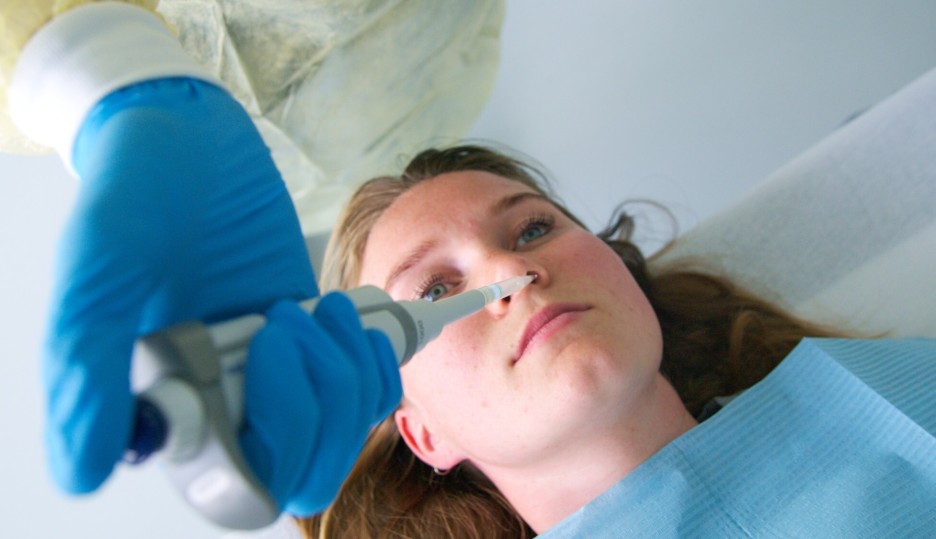We specialise in offering controlled human infection models (CHIMs), a cutting-edge research approach that enables the evaluation of new vaccines, antiviral treatments, and monoclonal antibodies in a controlled environment. In a controlled human infections study, healthy volunteers are carefully inoculated with a challenge strain which has been produced according to Good Manufacturing Practice (GMP) standards. This controlled exposure allows for the study of immune responses and the efficacy of therapeutic interventions in real-time.
Subjects in the controlled human infection study are administered an investigational therapeutic either before inoculation (as a prophylactic vaccine) or after inoculation (as an antiviral treatment), providing valuable data on the potential effectiveness and safety of the therapeutic.
The CHIM approach offers significant advantages over traditional development methods, which often rely on large-scale clinical trials (field trials) that can take years to recruit enough participants and generate results. By directly exposing human volunteers to a controlled infection, researchers can rapidly and efficiently observe the effects of treatments and vaccines. This ensures that a well-informed decision can be made regarding the effectiveness of a treatment in the target patient population, determining whether further investment is warranted. Ultimately, this approach can accelerate the development of life-saving vaccines and therapeutics, especially in response to emerging infectious diseases.
CHIM models available at CHDR
Together with our partner, Leiden University Medical Center (LUMC), we offer a range of CHIM models for infectious diseases, including malaria, schistosomiasis, hookworm, and rhinovirus. In the near future, we will also be able to offer models for RSV, chikungunya, influenza, OC43, Clostridium difficile, and dengue.


